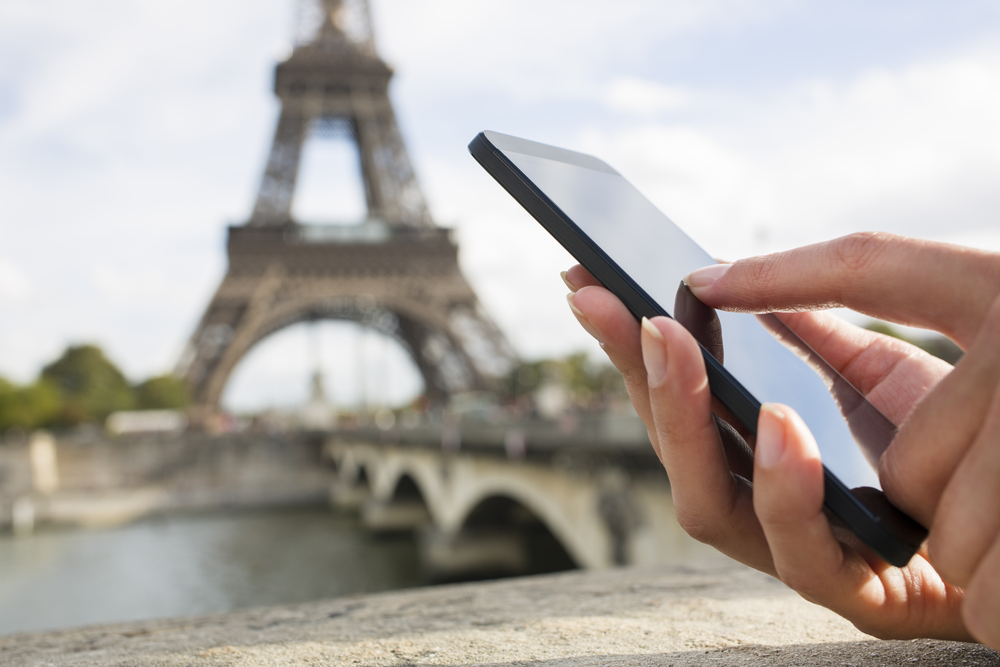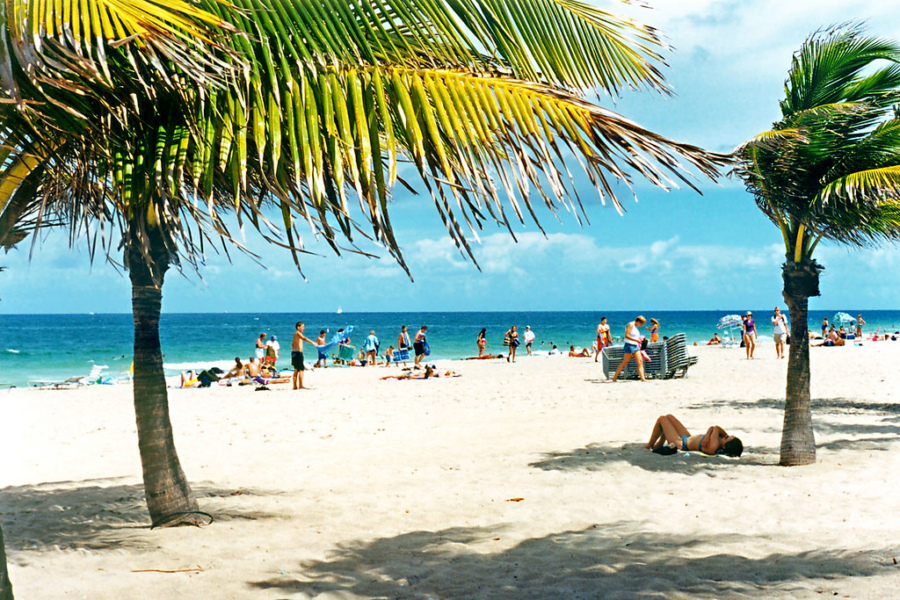With the economy going sour, more travelers are opting to vacation closer to home. Nevertheless, the rise of the US dollar and generous flight and hotel deals has really enticed people to proceed with a much anticipated vacation abroad. With mobile phones becoming a part of the norm, it can be quite difficult to part without them. It’s nice to have the phone and be able to call home to check on the kids, send an email or quickly browse the Web for information. In addition, they are also invaluable in emergency situations.
Most people have also heard nightmarish stories of cellphone users being caught off guard with an astronomical bill in the four or even five digit ranges upon their return home.
Understand What Data Roaming Is
Data roaming means operating your phone in an area with a cellular network not owned by your carrier. In most cases, mobile operators will charge extra for using your phone on another continent. Most cell phone users aren’t aware of this, hence the shock when they are hit with a massive bill. Some smart planning and conversing with your mobile provider will ensure that you are able to use your phone in moderation while abroad and don’t get overcharged for it.
What to Do Before Taking Your Phone Abroad
- Contact your carrier to activate international calling. You may also be able to rent an international mobile phone or buy a SIM card and an unlocked phone for use overseas.
- Look up the voltage requirements for the country you are visiting and be sure to bring along a power converter if needed.
- Be sure that all important numbers and emergency contacts are saved in the phone’s address book. When making a call, use the international dialing format; there will be a specific prefix number you will need to enter since all calls overseas need to be initiated by the local carrier.
- For iPhone, BlackBerry and other smartphone users, switch off the function for automatic checking of emails. Placing the settings on manual will help to reduce data roaming fees. If you want to check your messages, then wait until you reach a café, hotel lobby or anywhere with free Wi-Fi Internet access.
- Most people will only need to send a few text messages for the entire duration of the trip, such as a quick message to let loved ones know that they arrived safely. Consider getting a text package for your trip, which allots you a certain number of messages that can be sent from almost any country. Messages received will be deducted from your domestic plan.
- Downloading music, movies and other content is one of the fastest ways to rack up on the charges. If there is anything you want to download for the road, do it before getting on the plane.
Know Which Cellular Technology Your Carrier Uses
Major US mobile providers use one of two systems: Global System Mobile and Code Division Multiple Access communications. The former is used by T-Mobile and AT&T and throughout most of the world that includes Europe, Canada, Africa, Latin America and most of Asia and the Middle East for a total of over 190 countries.
CDMA has less worldwide coverage and is used by Verizon and Sprint. Verizon has roaming agreements for over 40 countries while Sprint has 26. However, this doesn’t necessarily mean that you won’t be able to use a Verizon or Sprint phone in a country that uses GSM communication. Some Verizon phones, such as the Samsung Renown, BlackBerry Storm and BlackBerry 8830 have built-in radios for both CDMA and GSM.
For those that use a cell phone provided for free by the government, the same applies. Virgin Mobile is the provider for most government-issued phones, and users will need to contact the company for more details if they plan on taking the phone abroad.
Prepare Accordingly and Save Money
First of all, always keep your phone on you and secure at all times. You could be held liable for usage fees stemming from a stolen phone. Also, always be sure to review your terms of service and contact your phone service provider if you plan on bringing your phone along for an overseas trip so that you are aware of any additional charges associated with using your mobile. Alternatively, there are also disposable cell phones you can buy at a kiosk at your destination airport if you choose to leave your phone at home.
Featured images:
License: Royalty Free or iStock
source: www.shutterstock.com
This is a post by Ashley Williamson. Ashley is a freelance writer and an occasional guest blogger interested in tech, business and travel related topics. When she is not working she likes to travel and discover hidden places around the World. If you have any question feel free to leave a comment.





